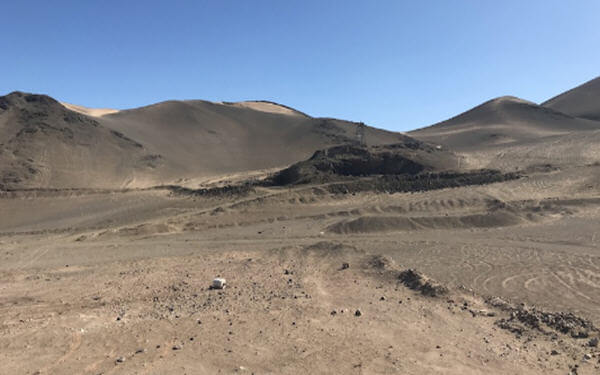
A sales halt at one of the world’s largest cobalt mines is set to push up prices of the metal whose demand has surged in recent years with the advent of electric cars.
The Glencore-run mine, located in the Democratic Republic of Congo, ceased sales on Tuesday after it found traces of the nuclear fuel uranium on the site. Katanga Mining, a unit of Glencore that was set to become the largest source of cobalt in the world next year, said the amount of uranium had exceeded the limit allowed to truck cobalt out of the DRC to the port, though it added that it did not pose a health risk.
Cobalt prices have fallen this year due to the growth of mine supply in the DRC, which produces more than 60 per cent of the world’s supply of the metal. However, demand is set to double over the next few years due to its use in lithium-ion batteries in electric cars.
“It will be a concern to auto manufacturers who haven’t yet locked-in supply for next year,” Caspar Rawles, an analyst at consultancy Benchmark Minerals Intelligence, said. Carmakers such as Tesla are reducing the amount of cobalt they use in their batteries, but eliminating it entirely is proving difficult due to safety issues.
Cobalt plays a key role in providing stability to the battery, allowing it to be charged and discharged continually without problems. Switzerland-based Glencore is the world’s largest producer of cobalt, which is mined alongside copper at its Katanga and Mutanda mines in the DRC, and as a byproduct of its nickel mines in New Caledonia, Canada and Australia.
The halt in sales from Katanga comes just as big cobalt producers such as Glencore are negotiating supply contracts with buyers in China, at a conference in that nation’s eastern city of Xiamen this week. Many buyers in China have held off purchases this year, in the anticipation of lower prices, Mr Rawles said.
Any restocking could have a significant impact on the price of cobalt, he added. The price of cobalt has fallen from a high of about $43.7 a pound in April to trade at $33.5 a pound in the past week, according to Metal Bulletin, which assesses prices in the market.
The incident is also a blow to Glencore, which restarted the Katanga mine late last year after its suspension in 2015. The mine has rapidly increased its production and was expected to produce 34,000 tonnes of cobalt in 2019 — the largest output of any mine in the world.
Katanga said it would keep producing cobalt but stockpile the metal until it had constructed a $25m Ion Exchange system to remove the uranium, which was likely to be completed by the second quarter of 2019. “The low levels of radioactivity detected in the uranium to date do not present a health and safety risk,” the company said.
A total of 1,472 tonnes of cobalt has been affected by the suspension, Katanga said. The mine has produced 6,500 tonnes of cobalt this year as of the third quarter, equivalent to about 25 per cent of global supply. “The temporary suspension of cobalt sales during the construction of the Ion Exchange system is expected to negatively impact revenue of Katanga during the fourth quarter of 2018 and the first and second quarters of 2019,” Katanga said.
Shares in Toronto-listed Katanga Mining, a subsidiary of Glencore, have fallen 73 per cent year-to-date to trade at 50 Canadian cents.
Source: FT.com